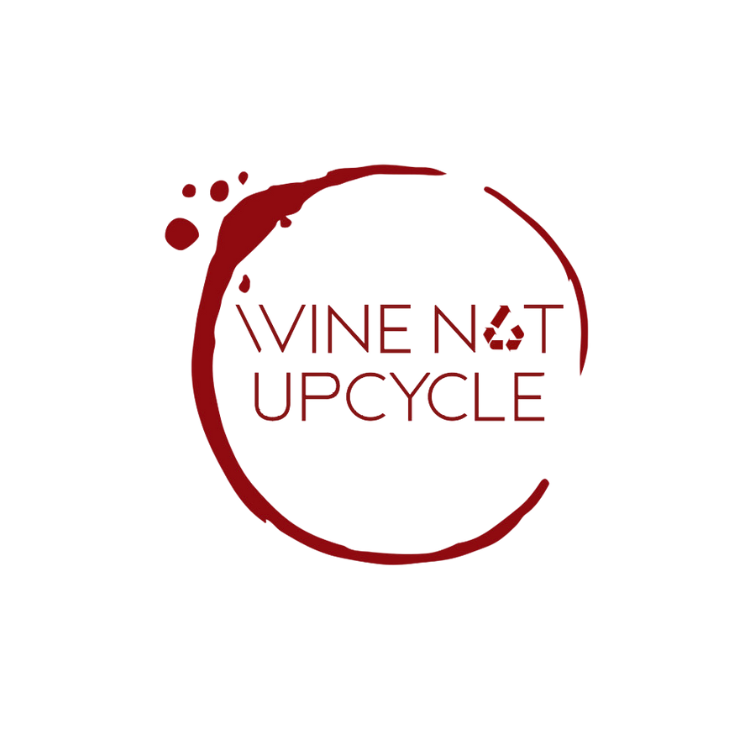The Water Project
Transforming Lives Through Access To Clean Water
The Water Project provides sustainable water solutions in sub-Saharan Africa, improving health, education and economic opportunities.
What is The Water Project?
The Water Project is a non-profit organization dedicated to providing reliable water solutions to communities in sub-Saharan Africa.
Almost one billion people lack access to clean, safe water, which equates to 1 in 8 people worldwide.
The organization addresses the crisis around access to water worldwide by building sustainable water projects, such as wells, rainwater catchment systems, and sand dams, to allow communities the opportunity to have access to clean and safe drinking water.
What They’re Doing
- Building Wells: Constructing wells to provide a steady source of clean water, with transparency and accountability through continuous monitoring and maintenance.
- Rainwater Harvesting: Installing systems to capture and store rainwater during dry periods.
- Sand Dams: Building sand dams to store water underground, preventing evaporation and contamination.
- Community Training: Educating communities on maintaining their water systems and practicing good hygiene to prevent waterborne diseases.
- Monitoring and Evaluation: Using advanced technology for real-time data collection and continuous monitoring to ensure projects remain functional and effective.
- Water Promise: Committing to keeping water flowing through dedicated maintenance teams and setting aside resources for repairs.
Why It’s Important
Access to clean water is essential for health, education, and economic development. Clean water reduces the prevalence of waterborne diseases such as cholera and dysentery, leading to healthier communities. In addition, with improved access to water, children, especially girls, spend less time fetching water and spend more time in school, improving educational outcomes. Furthermore, access to water allows communities to engage in agriculture and other economic activities, reducing poverty and fostering growth.

What They’ve Achieved
To date, the project has helped over 500,000 people gain access to clean water and has also constructed over 1,200 wells, each providing a reliable source of clean water to communities in need.
This has significantly improved the health, education, and economic development in the communities they serve. Their efforts have led to a marked reduction in waterborne diseases and higher school attendance rates, particularly among girls, due to reduced time spent collecting water. Additionally, access to water has enhanced agricultural productivity and created new economic opportunities, contributing to the overall growth and development of these communities.
Some of these success stories can be captured through The Water Project’s ‘Stories On The Field’, such as Evelyn, whose school life has improved through the water project and has seen 322 students benefit from reliable clean water. These stories demonstrate the profound impact of clean water on individuals and communities, fostering hope and development.
Moreover, projects like sand dams and rainwater harvesting contribute to sustainable water management practices, ensuring long-term water availability.

Transparency & Credibility
Every project by The Water Project is backed by their ‘Water Promise’, which ensures reliability and sustainability. This commitment includes continuous monitoring, transparency, and accountability. By employing advanced technology and local maintenance teams, The Water Project guarantees that water keeps flowing for every community. The Water Promise Circle allows supporters to contribute to ongoing maintenance, ensuring the long-term success of each water project.
Location
The Water Project operates in several countries in sub-Saharan Africa, including Kenya, Uganda, Sierra Leone, and South Sudan.
For more information, visit The Water Project.
Transforming Lives Through Access To Clean Water | Greenspark

.jpg)